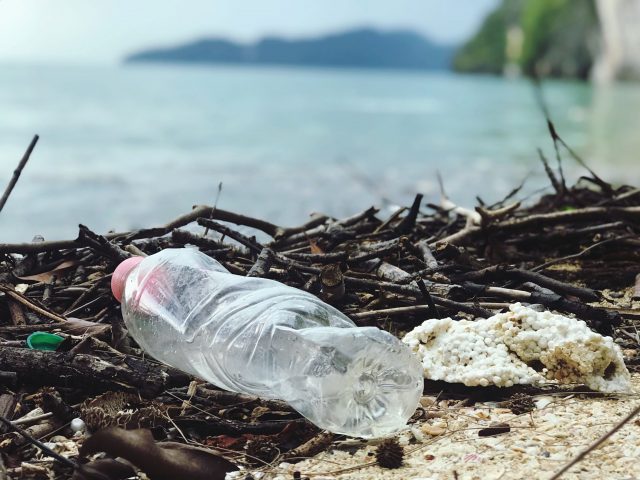Reducing packaging and plastic waste in the EU

What can we learn from the amazing work of Richard Solé?
February 15, 2023
The five health benefits of forests
February 28, 2023
The EU is again leading the world on the reduction of plastic waste. It is planning new laws that will further reduce the use of plastics and unnecessary packaging throughout member states. What will it mean for businesses and consumers?
It is estimated that the average EU citizen generates 180kg of packaging waste each year. Sadly, this figure is rising. As a result, action is needed.
To prevent further increases in unnecessary waste and to actively reduce the amount of waste going to landfill in Europe, the EU is now considering ways to strengthen its existing legislation to reduce the burden of waste throughout the region.
New regulations around packaging waste
The new legislation will build on a law passed in 2019 in which the EU outlawed the use of the most common single-use plastic items, including cotton bugs, drinks stirrers and plastic drinks lids. That ban on single use plastics came into effect on July 3, 2021, across all EU member states.
A draft EU regulation published in November last year proposes several areas of improvement:
- An end to the use of “avoidable packaging”, such as mini shampoo bottles in hotels, and single use packaging for small portions of fruit or vegetables.
- Mandatory deposit and return schemes for single-use plastic drinks bottles and metal cans.
- An end to e-commerce firms wrapping and shipping small items in huge boxes (it’s proposed that empty space cannot be more than 40% in relation to the product being shipped).
Additional regulation to aid recycling and waste management
Further to strengthening the ban on plastic and unnecessary packaging, the EU is also considering other regulations which will improve the management of waste and reduce unnecessary landfill.
This includes ending confusion around recycling. It plans to harmonize labels, so that consumers are clear about which bin to use for their waste.
In a separate law, the EU will regulate to clamp down on greenwashing. This will clearly define minimum standards for the terms “biobased”, “biodegradable” and “compostable”. This follows research showing that manufacturers claims that their packaging is compostable or biodegradable aren’t always accurate.
Instead, the EU will require brands to explain exactly how long an item takes to biodegrade, how much biomass was used in its production and whether it is really suitable for home composting.
We can expect the law to reach final draft status this year as the EU continues to lead the international agenda on reducing problematic packaging and plastic waste.



